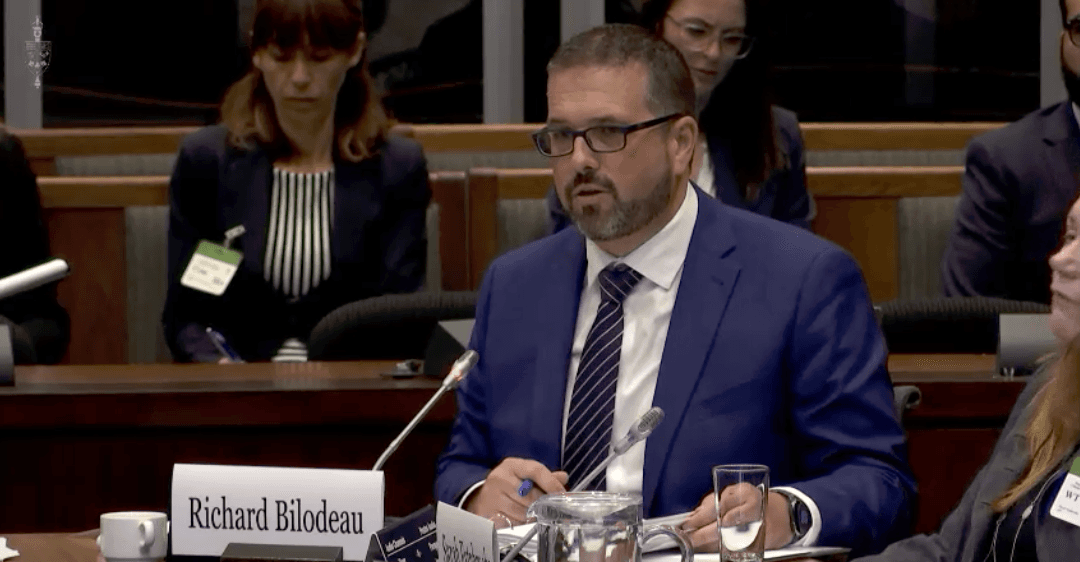Federal government officials say that upon legislation being passed enacting a foreign influence registry, it will take an extra year before it becomes operational.
Officials from the Department of Public Safety testified before the House of Commons public safety committee on May 30, with MPs beginning a study of Bill C-70.





